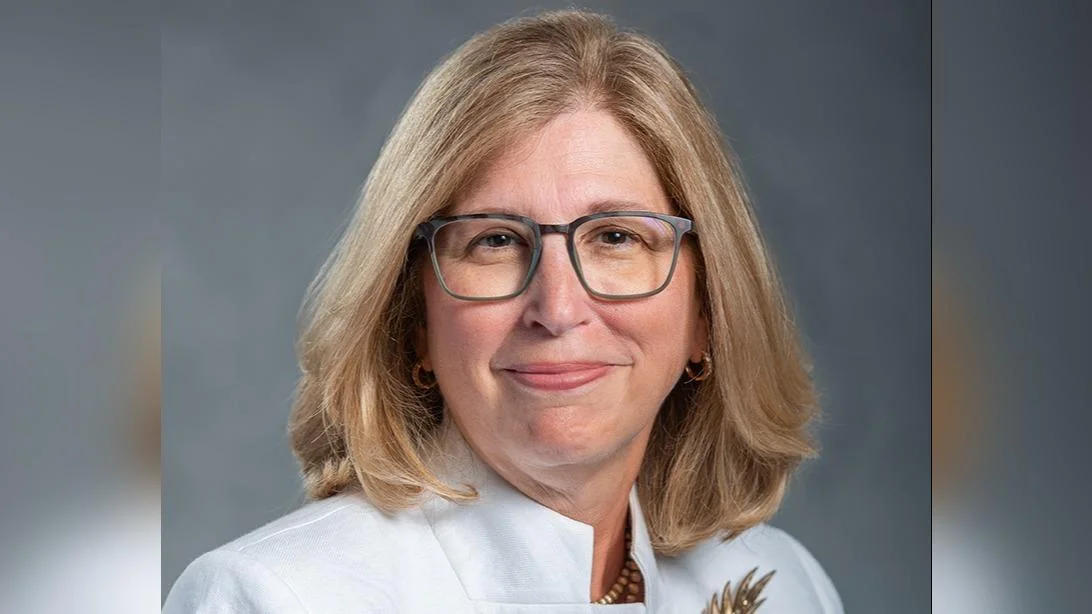Interim President Teresa K. Woodruff, Ph.D. | Michigan State University
Interim President Teresa K. Woodruff, Ph.D. | Michigan State University
Being a scientist involves numerous challenges, and communicating scientific research responsibly is among the most complex. A Michigan State University researcher, along with colleagues from other institutions, has explored strategies to enhance communication in environmental health science.
Kevin Elliott, a professor at MSU’s Lyman Briggs College and the College of Agriculture and Natural Resources, emphasized the importance of careful messaging. “Words matter and misleading information is prevalent everywhere,” said Elliott. “As scientists, we need to be more sophisticated and intentional about the messages we are communicating.”
Elliott's team studied four approaches to conveying information about endocrine-disrupting chemicals, which can impact human hormones affecting sexual development, neurodevelopment, and obesity. The strategies included: highlighting masculinity challenges, using "neurodivergence," discussing health origins related to obesity, and classifying obesity as a disease.
The research highlighted that while information might be accurate, its presentation could have unintended effects. For instance, labeling obesity as a disease might aid treatment access but could also increase stigma. Conversely, discussing fetal exposure to pollutants as an obesity factor might unfairly pressure mothers.
“We found that there are trade-offs that environmental health scientists need to make as they strive to communicate an accurate message,” Elliott stated. “We want to provide usable, relevant information but we also want to prevent information from being misinterpreted or misused.”
Elliott suggests several strategies: considering social contexts in interpreting scientific data; avoiding harmful messages; fostering collaborations between scientists and communication experts; and building relationships with community groups for shared messaging.
This study was published in Environmental Health Perspectives. Co-authors included Heather Patisaul from North Carolina State University, Robert Sargis from the University of Illinois Chicago, and Laura Vandenberg from the University of Massachusetts Amherst.






 Alerts Sign-up
Alerts Sign-up